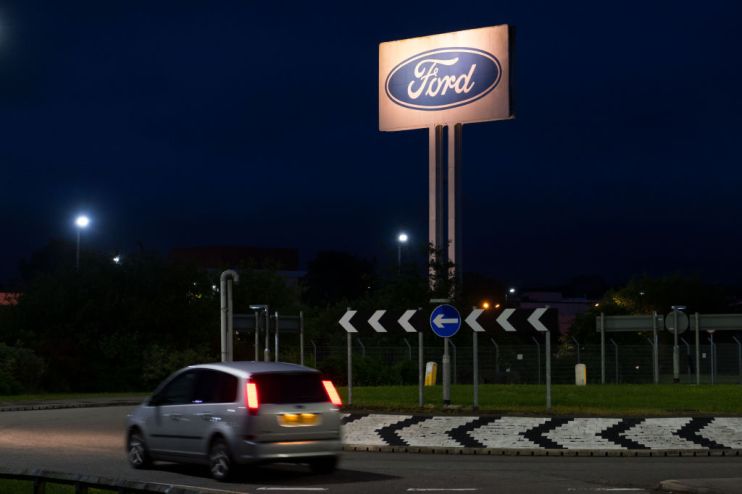A road less travelled: British car industry troubles run far deeper than Brexit

The dust has settled. Bridgend’s male voice choir has sung in protest at Ford’s Essex headquarters. And back in their south Wales hometown, the US car maker’s 1,700 factory workers returned to work yesterday for the first time since they learnt of their impending redundancy.
But before they had even stopped for lunch, the Office for National Statistics delivered more glum news for Britain’s car industry. Vehicle production fell 24 per cent year-on-year in April, the biggest drop since records began in 1991.
Read more: Ford to close Bridgend factory in 2020, in hammer blow for 1,700 workers
Following cuts to the UK operations of Nissan, Honda and Ford, many blamed the ONS figures on Brexit. But it would be facile to pin the ailing sector’s symptoms on this alone.
Car makers are enduring a period of gut-wrenching upheaval. They can no longer rely on the internal combustion engine. Instead, they are pouring money into electric cars – $300bn over the next decade, specifically.
Meanwhile in China, trade tensions and a cooling economy have curtailed its 1.4bn people’s desire to buy cars. Sales fell six per cent last year to 22.7m vehicles, China’s first annual drop since 1990.
Something has to give. Many are turning to cheap labour. Indian automotive factory workers earn £1 an hour each on average. Brits earn 19 times that. For Ford, which will source engines currently made in Bridgend from India and Mexico after 2020, it is a no-brainer.
Britain no longer suits the mass production needs of big auto, and subsidising the global giants would only prolong their departure. Instead, the government should support affected workers through retraining opportunities and policies that allow the UK’s stronger industries to prosper.
Read more: Honda: What’s really hurting car manufacturers?
Some areas of hope remain within the automotive sector itself, for example in the development of advanced clean technologies. Yesterday business minister Andrew Stephenson hailed a series of projects run by McLaren and Tata Motors among others, expected to create thousands of jobs.
If the UK car industry is to remain on track in the years ahead, this is surely the route it will need to take.